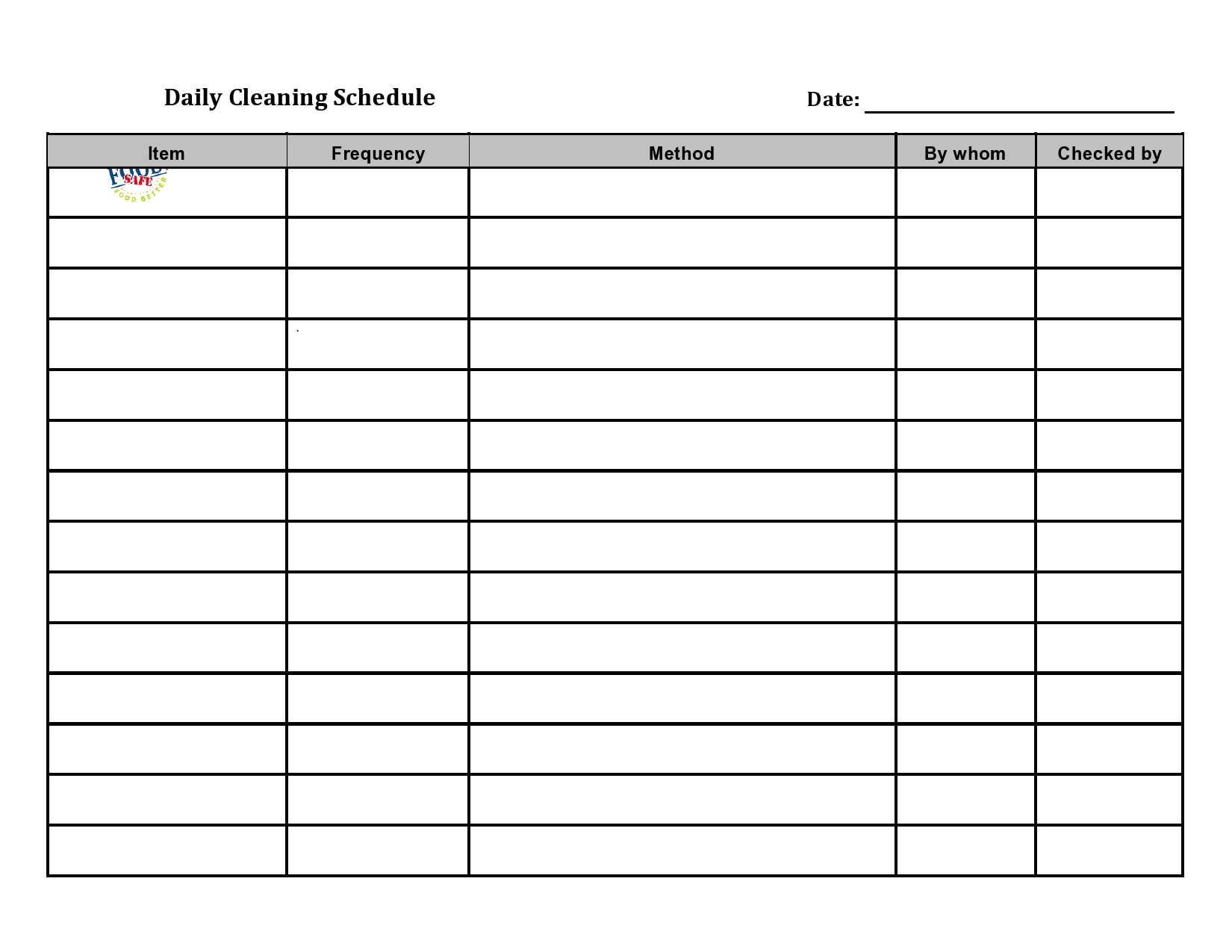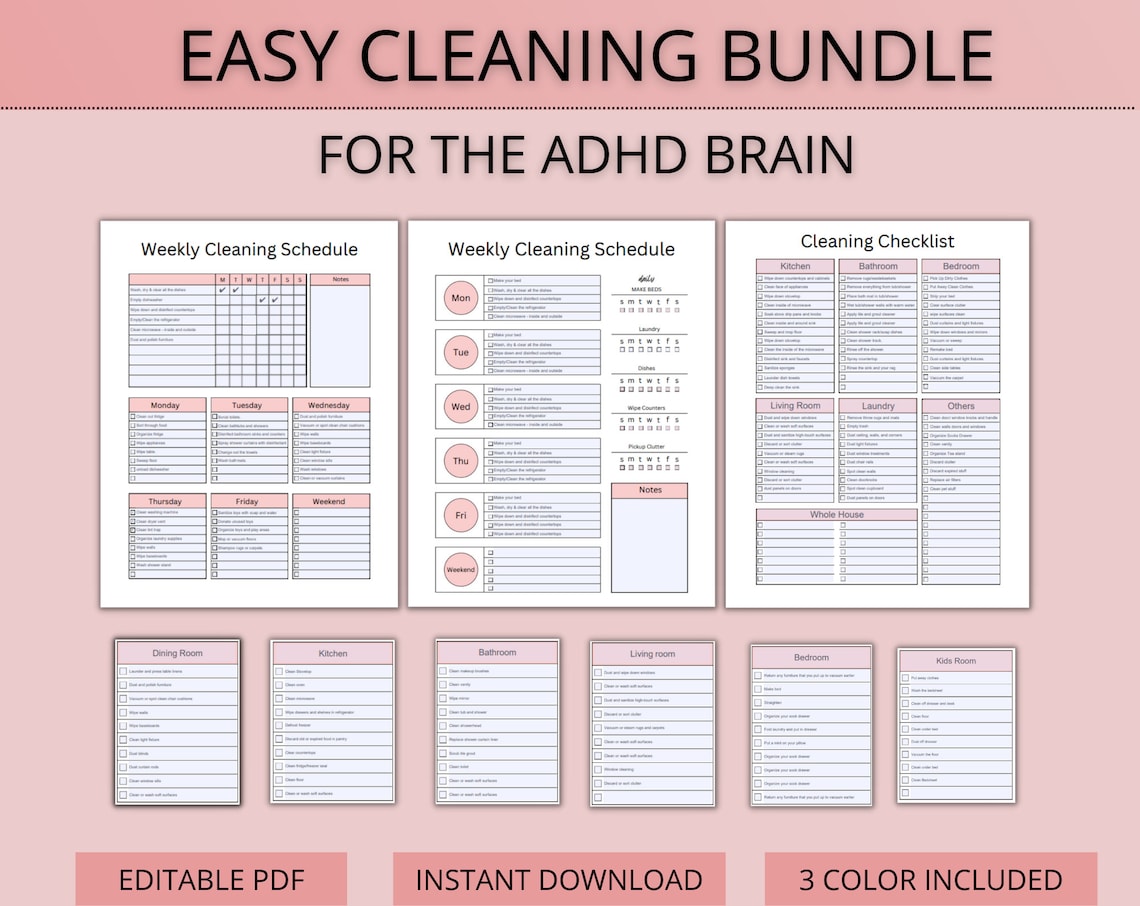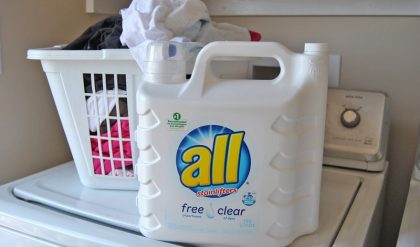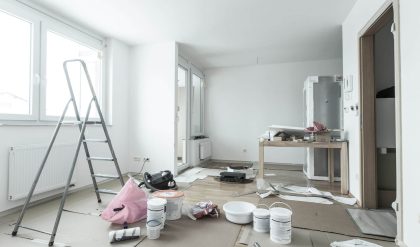
Stress-Free Cleaning: A Weekly Schedule That Works
Cleaning. The word alone can conjure images of frantic scrubbing, overflowing laundry baskets, and a general sense of overwhelm. But what if we told you that achieving a sparkling clean home didn’t require a Herculean effort or a complete overhaul of your lifestyle? The secret lies in a well-structured, weekly cleaning schedule designed for ease and efficiency. Forget the marathon cleaning sessions; embrace the power of consistent, manageable tasks.
This isn’t about perfection; it’s about progress. It’s about creating a system that fits your life, not one that dictates it. This plan focuses on preventing dirt buildup, not battling it after it’s taken root. Think of it as proactive home maintenance, not reactive crisis control.
The Philosophy of “Little and Often”
The cornerstone of this stress-free approach is the principle of “little and often.” Instead of tackling the entire house in one colossal cleaning spree (which often leads to burnout and unfinished tasks), we’ll break down the cleaning into smaller, more manageable chunks spread throughout the week. This prevents dirt from accumulating, making each cleaning session shorter and less daunting.
Your Personalized Weekly Cleaning Plan
This isn’t a one-size-fits-all solution. Adapt it to your living space, lifestyle, and energy levels. The key is consistency, not strict adherence to a rigid timetable. Feel free to swap tasks around to suit your preferences.
| Day | Focus Area | Tasks | Time Estimate |
|---|---|---|---|
| Monday | Kitchen Quick Clean | Wipe down counters, sink, stovetop; load/unload dishwasher; sweep/mop floor. | 15-20 minutes |
| Tuesday | Bathroom Blitz | Quick wipe down of surfaces; toilet bowl cleaning; sweep/mop floor. | 15-20 minutes |
| Wednesday | Living Area Tidy | Declutter surfaces; quick vacuum or sweep; fluff cushions. | 10-15 minutes |
| Thursday | Laundry Day | Wash, dry, and fold laundry; put away clean clothes. | 1-1.5 hours (flexible depending on laundry volume) |
| Friday | Deep Clean Focus | Choose ONE area (e.g., one bathroom, kitchen cabinets, a bedroom) for a deeper clean. | 30-45 minutes |
| Saturday | Floor Focus | Vacuum or mop all hard floors; vacuum carpets and rugs. | 30-45 minutes |
| Sunday | Rest and Recharge | A lighter clean, focusing on tidying up and preparing for the week ahead. | 15-20 minutes |
Tips for Stress-Free Cleaning Success:
- Embrace the Power of 15 Minutes: Even 15 minutes of focused cleaning can make a noticeable difference.
- Music is Your Ally: Create a cleaning playlist to keep you energized and motivated.
- Make it a Habit: Consistency is key. Stick to your schedule as much as possible.
- Delegate Tasks: Involve family members in the cleaning process.
- Don’t Strive for Perfection: Aim for “good enough,” not flawless.
- Reward Yourself: After completing a cleaning session, treat yourself to something you enjoy.
- Declutter Regularly: A clutter-free home is easier to clean.
Beyond the Schedule: Maintaining the Momentum
This weekly schedule is a starting point. Regularly review and adjust it as needed. As you get into a rhythm, you’ll find you can easily integrate these tasks into your daily routine. The goal is to create a sustainable system that allows you to enjoy a clean home without sacrificing your precious time or sanity. Remember, a clean home is a happy home, but a stressed-out cleaner isn’t. Embrace the joy of a clean space, achieved effortlessly and sustainably.

Additional Information
Beyond the Schedule: A Deeper Dive into Stress-Free Cleaning
A weekly cleaning schedule is a crucial first step toward stress-free cleaning, but its effectiveness hinges on factors beyond simple task allocation. This analysis delves deeper into the principles underpinning successful cleaning routines and explores the psychological and practical components often overlooked in basic scheduling frameworks.
1. The Psychology of Cleaning:
The perceived burden of cleaning often stems less from the physical act and more from the associated mental load. A schedule alone won’t alleviate this unless it addresses the cognitive aspects:
-
Cognitive Overload: A poorly designed schedule can paradoxically increase stress. Overestimating capacity leads to burnout, while underestimating leads to accumulating chores and feelings of failure. The optimal schedule must be individually tailored to one’s energy levels, time commitments, and tolerance for specific tasks. For instance, a person with ADHD might find shorter, more frequent cleaning bursts more effective than one long session.
-
Perfectionism: The pursuit of flawless cleaning frequently contributes to stress. Accepting a “good enough” standard, focusing on high-impact areas, and prioritizing based on hygiene rather than aesthetics is crucial. Research indicates that a moderate level of clutter actually sparks creativity for some individuals (Vohs, K. D., et al., 2013, “Orderliness and the promotion of creative thought”). Finding a balance between tidiness and allowing for a degree of comfortable imperfection is key.
-
Emotional Attachment to Possessions: Cleaning often unearths sentimental items, triggering emotional responses. The schedule needs to integrate a strategy for decluttering, perhaps including a dedicated “decluttering day” or even a system for gradual, mindful purging to mitigate emotional distress.
2. Optimizing the Schedule’s Practical Aspects:
The effectiveness of a schedule relies on its practicality and adaptability:
-
Realistic Task Allocation: The schedule should avoid unrealistic expectations. Consider breaking down large tasks into smaller, manageable sub-tasks. Instead of “Clean the entire bathroom,” the schedule might include “Clean bathroom sink and countertop,” “Clean bathroom toilet,” and “Clean bathroom shower,” each assigned to different days.
-
Integration with Existing Routines: Seamlessly embedding cleaning tasks into established daily or weekly routines improves adherence. For instance, wiping down kitchen counters immediately after preparing meals becomes a habit rather than a dreaded chore.
-
The Power of Habit Formation: Consistent execution is critical. Leveraging habit-formation principles, like using behavioral cues and reward systems, can enhance adherence. For example, playing favorite music while cleaning can act as a positive reinforcement.
-
Flexibility and Adaptability: Life is unpredictable. A rigid schedule might collapse under unexpected events. Building flexibility into the schedule, allowing for task rescheduling or task delegation, increases its resilience and reduces stress associated with missed deadlines.
3. Advanced Strategies:
-
The “Two-Minute Rule”: Addressing small tasks immediately prevents them from accumulating. This proactive approach significantly reduces overall cleaning time and effort.
-
Zone Cleaning: Dividing the house into zones and cleaning one zone per day offers a more manageable approach than tackling the entire house at once.
-
Utilizing Technology: Smart home devices, cleaning robots, and scheduling apps can streamline cleaning, providing reminders and automating tasks.
Conclusion:
A stress-free cleaning routine transcends a simple schedule; it necessitates a holistic approach encompassing psychological well-being and practical efficiency. By addressing the cognitive load, fostering realistic expectations, and incorporating strategies for habit formation and flexibility, individuals can transform cleaning from a source of stress into a manageable and even enjoyable aspect of their lives. Further research into personalized cleaning strategies tailored to individual needs and cognitive styles would significantly contribute to a more effective and widespread adoption of stress-free cleaning methodologies.






